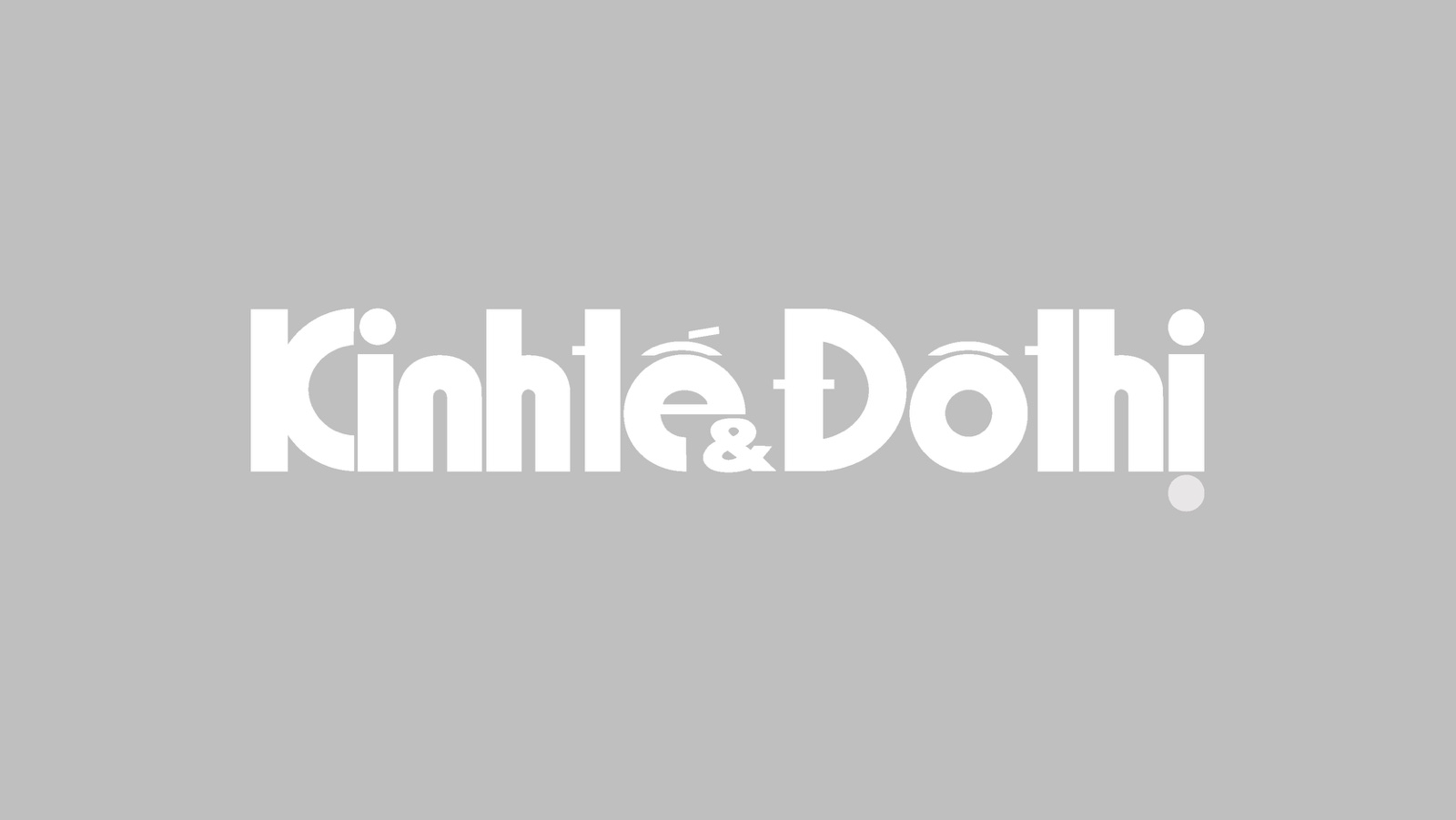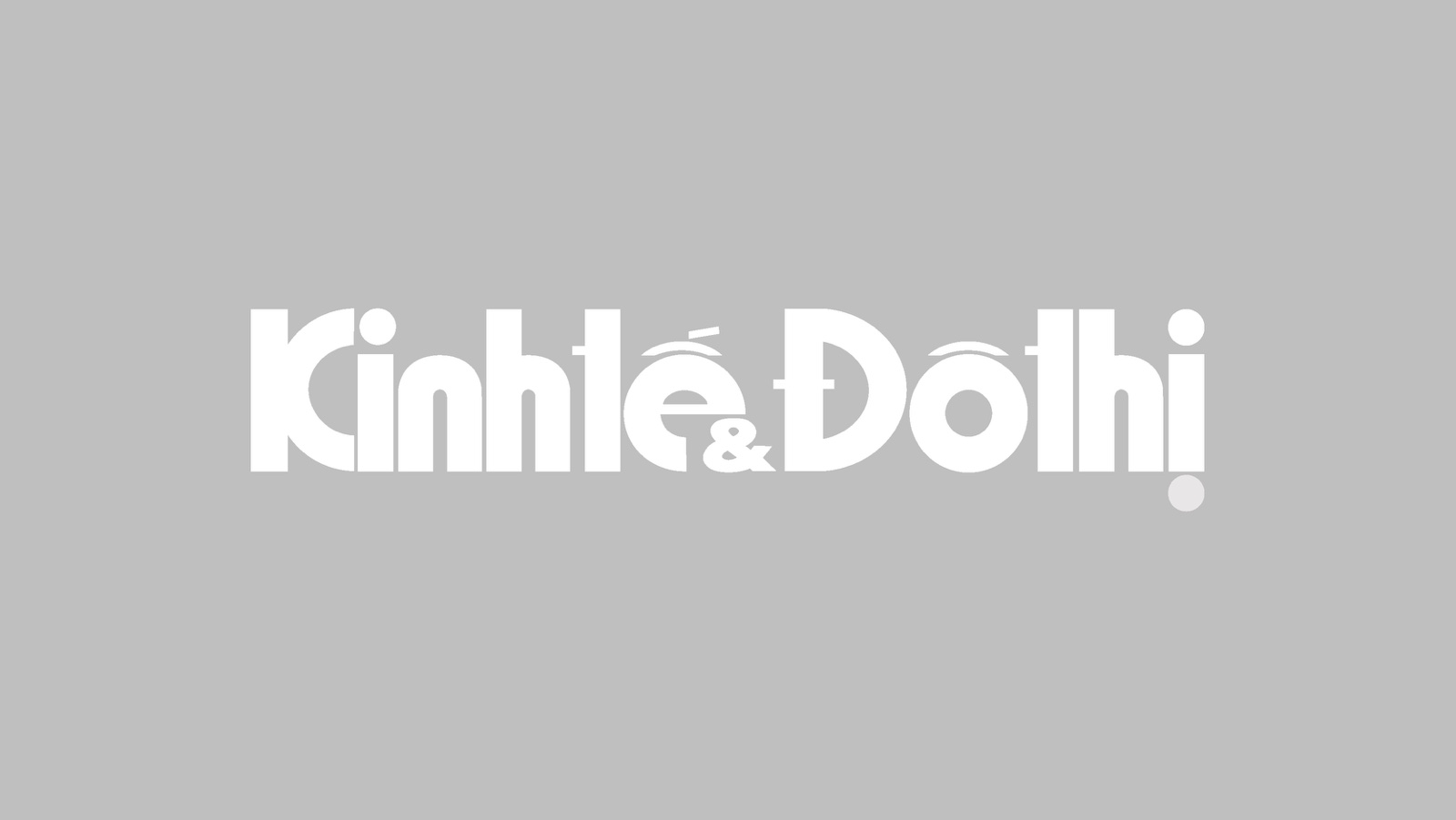Social Affairs
Vietnam needs more resources to tackle war legacies: UNDP
Mar 27, 2019 / 08:35 AM
A study conducted by the United Nations Development Program (UNDP) shows the direct links between mine action and the implementation of Sustainable Development Goals (SDG).
Vietnam needs more domestic resources to ensure the complete resolution of the war legacies, a report showed from the high-level side event themed “Vietnam: Overcoming war legacies, endeavor for peace and sustainable development” held at the UN headquarters in New York City on March 25.
The statement is included in a study conducted by the United Nations Development Program (UNDP) shows the direct links between mine action and a range of Sustainable Development Goals (SDG).
In other words, Vietnam, with international support, has achieved some significant results in overcoming the consequences of war, a prerequisite towards the implementation of the Sustainable Development Goals and the 2030 Agenda, showed the UNDP study “Leaving No One Behind: Mine Action and the Sustainable Development Goals”.
International support
Internationally, Vietnam has cooperated with a number of countries and international organizations in addressing explosive remnants of war (ERW) contamination, mostly with the UNDP in mine action for sustainable development.
Over the past years, the UNDP has partnered with Vietnam in clearing post-war unexploded ordnance (UXO) and the linkages to the realization of the SDGs.
With support from the Korea International Cooperation Agency (KOICA), the Korea-Vietnam mine action project takes a fully integrated approach in applying the pillars of mine action, from survey/clearance and information management to mine risk education, victim assistance and policy development.
The project focuses on eliminating ERW to ensure the safety of people and their access to basic social facilities like medical clinics, schools, and land for cultivation and livelihood development after initial results in contaminating 4,600 hectares in the central provinces of Quang Binh and Binh Dinh.
Vietnam’s endeavors
Remarkably, Vietnam has started taking part in UN peacekeeping activities that make the country more responsible for the global issues.
Vietnam has shown its efforts in reconstruction and peacebuilding, partly by overcoming consequences contamination with ERW and dioxin as the consequences of the war remain heavy.
Accordingly, addressing contamination with landmines, ERW and dioxin, locating soldiers’ remains, and supporting victims of war are of great concern while protecting people’s lives and safety and clearing land for sustainable socio-economic development are high priorities for the government.
All these efforts contribute to promoting the socio-economic development, reducing poverty of locally impacted communities, while strengthening relations between Vietnam and the UN, according to participants at the event that marked the participation of Caitlin Wiesen, UNDP resident pepresentative a.i in Vietnam, Dang Dinh Quy, permanent representative of Vietnam to the UN, and representatives from many countries.
The event was co-chaired by Vietnam’s Deputy Minister of Defense Senior Lieutenant-General Nguyen Chi Vinh, UN Assistant Secretary-General Asako Okai, UNDP Assistant Administrator and Director of the Bureau for Management Services Crisis Bureau.
The statement is included in a study conducted by the United Nations Development Program (UNDP) shows the direct links between mine action and a range of Sustainable Development Goals (SDG).

Senior Lieutenant-General Nguyen Chi Vinh, Vietnam’s Deputy Minister of Defense, Caitlin Wiesen, UNDP Resident Representative a.i in Vietnam, UN Assistant Secretary-General Asako Okai at the event. Photo: UNDP
|
International support
Internationally, Vietnam has cooperated with a number of countries and international organizations in addressing explosive remnants of war (ERW) contamination, mostly with the UNDP in mine action for sustainable development.
Over the past years, the UNDP has partnered with Vietnam in clearing post-war unexploded ordnance (UXO) and the linkages to the realization of the SDGs.
With support from the Korea International Cooperation Agency (KOICA), the Korea-Vietnam mine action project takes a fully integrated approach in applying the pillars of mine action, from survey/clearance and information management to mine risk education, victim assistance and policy development.
The project focuses on eliminating ERW to ensure the safety of people and their access to basic social facilities like medical clinics, schools, and land for cultivation and livelihood development after initial results in contaminating 4,600 hectares in the central provinces of Quang Binh and Binh Dinh.

Illustrative photo
|
Remarkably, Vietnam has started taking part in UN peacekeeping activities that make the country more responsible for the global issues.
Vietnam has shown its efforts in reconstruction and peacebuilding, partly by overcoming consequences contamination with ERW and dioxin as the consequences of the war remain heavy.
Accordingly, addressing contamination with landmines, ERW and dioxin, locating soldiers’ remains, and supporting victims of war are of great concern while protecting people’s lives and safety and clearing land for sustainable socio-economic development are high priorities for the government.
All these efforts contribute to promoting the socio-economic development, reducing poverty of locally impacted communities, while strengthening relations between Vietnam and the UN, according to participants at the event that marked the participation of Caitlin Wiesen, UNDP resident pepresentative a.i in Vietnam, Dang Dinh Quy, permanent representative of Vietnam to the UN, and representatives from many countries.
The event was co-chaired by Vietnam’s Deputy Minister of Defense Senior Lieutenant-General Nguyen Chi Vinh, UN Assistant Secretary-General Asako Okai, UNDP Assistant Administrator and Director of the Bureau for Management Services Crisis Bureau.








